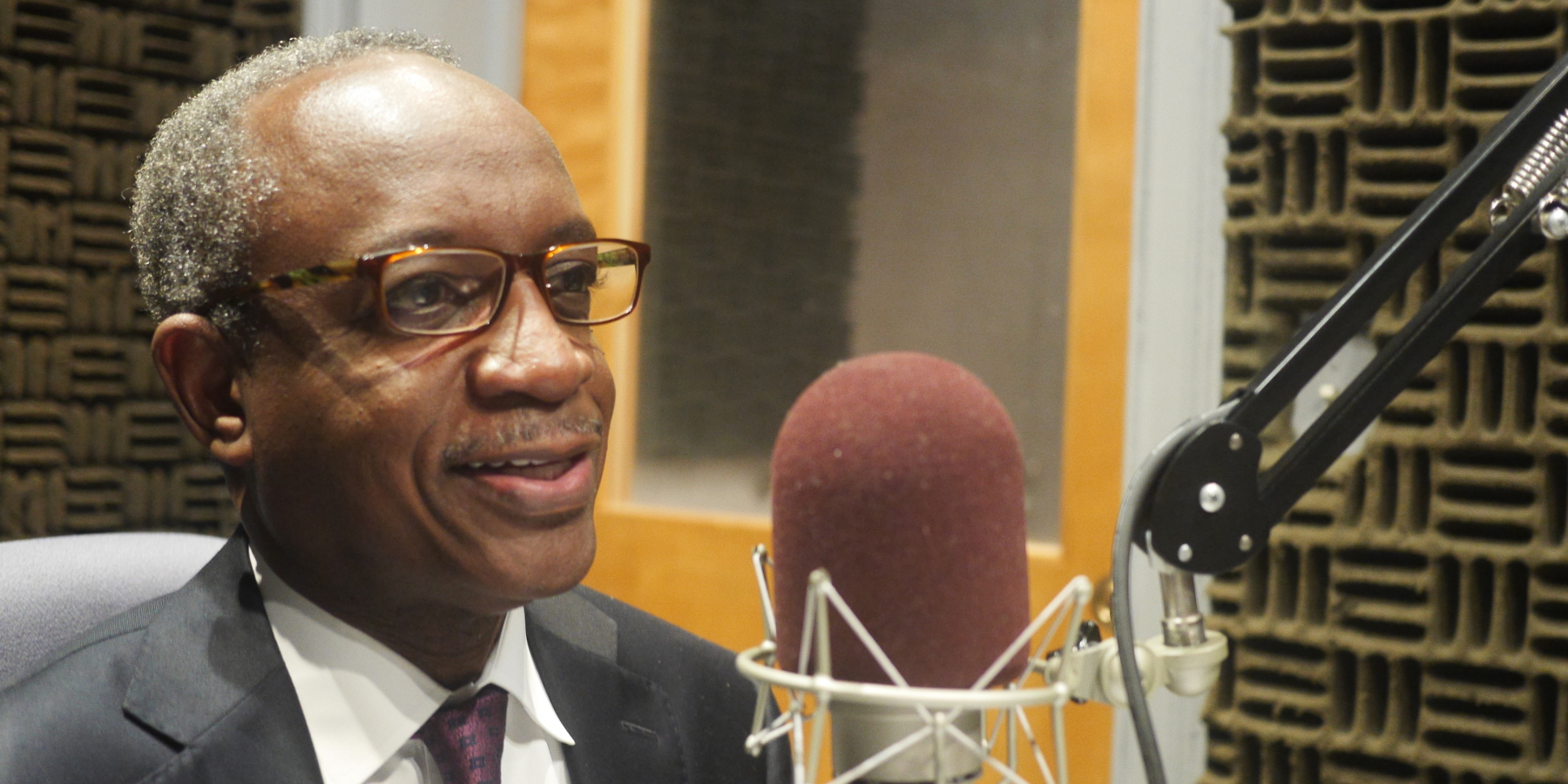Some State Lawmakers Want To Eliminate DeKalb County’s CEO Position

DeKalb’s CEO Michael Thurmond said Thursday he has been against eliminating the CEO position since his 2016 campaign. “I think it’s counterproductive. It’s divisive. And will only lead to more conflict and controversy in the county that we don’t need right now,” he said.
Al Such / WABE
A new bill that would eliminate DeKalb County’s CEO position made its way under the Gold Dome this week.
On Tuesday, state Rep. Meagan Hanson, R-Brookhaven, introduced House Bill 961, which would replace DeKalb’s top position with a county manager. The bill has one other co-signer, state Rep. Tom Taylor, R-Dunwoody.
Then on Wednesday, a House Committee approved the bill, fast-tracking it to the House floor for a possible vote.
“Every time we elect a new CEO, they bring in their people, and so there’s a lapse in people having to get re-caught up,” explained Hanson during Wednesday’s committee meeting.
DeKalb Commissioner Nancy Jester, who joined Hanson at the meeting, said the CEO position is the root of DeKalb’s problems because it causes turnover in the staff. And that turnover, she argued, has played into problems like the uptick in DeKalb sewage spills and the county’s water billing crisis.
Some House members voiced concerns that there wasn’t input from more county officials.
On Thursday, DeKalb’s CEO Michael Thurmond said he hadn’t been aware of the bill. Thurmond has been against eliminating the position since his 2016 campaign. According to Atlanta Magazine, state Rep. Scott Holcomb had made a similar proposal.
Thurmond still holds firm to his stance.
“I think it’s counterproductive. It’s divisive. And will only lead to more conflict and controversy in the county that we don’t need right now,” said Thurmond, who has worked to address countywide struggles he’s inherited from his predecessors.
And according to Thurmond, any changes should be decided by the voters, “not two or three individuals meeting at night, under the cover of darkness, and not providing input from citizens and/or elected officials.”








